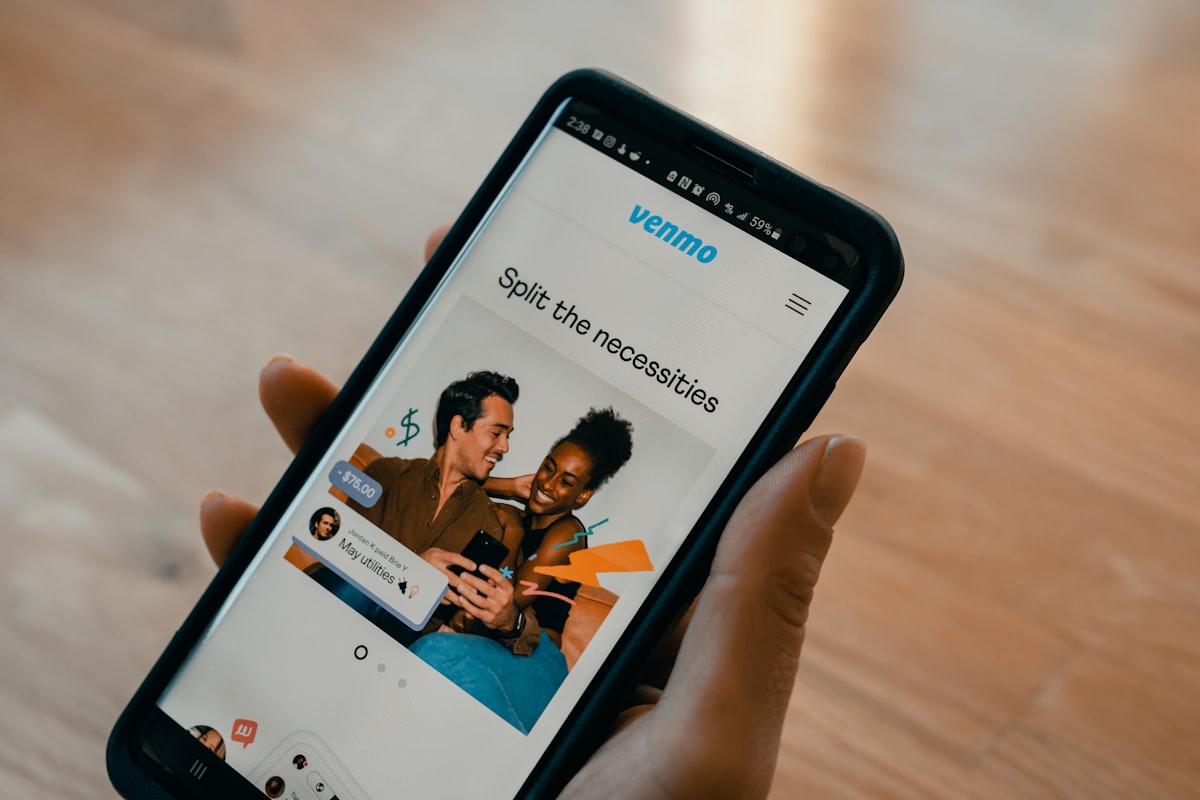Senators urge Venmo and Cash App to ramp up their anti-fraud efforts

In the United States, Venmo and Cash App are two of the most popular peer-to-peer (P2P) payment platforms. These apps enable millions of users to send and receive money with just a few taps on their mobile devices. However, users of these platforms are also vulnerable to various types of fraud and scams, as some users have unfortunately discovered the hard way.
On Thursday, June 15, 2023, Democrats in the Senate wrote to PayPal, the company that owns Venmo, and Block, the company that owns Cash App, asking them to provide specific information regarding how they identify and prevent fraudulent transactions on their respective platforms.
The senators cited recent reports that revealed that both Venmo and Cash App acknowledged in their annual filings that their current fraud prevention measures are not effective enough to combat the growing and evolving forms of fraud that are taking place on their respective platforms. The senators cited these reports as evidence. They also referred to a survey conducted by Consumer Reports, which found that nine percent of weekly P2P users had fallen prey to a scam and that twelve percent of users had accidentally sent money to the wrong recipient. In addition, it was brought to their attention that, according to a report published by the Pew Research Center, P2P users who are black or Hispanic are twice as likely to fall victim to a scam as their white counterparts.
The senators expressed concern over Venmo and Cash App's failure to take any precautions to protect their users from the harm that their services make possible. They wrote: "Americans deserve a payments system that provides them with speed and convenience, but above all, that keeps their money safe. In light of these concerns, we would like to understand the specific steps you are taking to detect and prevent fraudulent transactions, including fraudulently induced transactions."
The senators request complete responses from Block and PayPal by June 30, 2023. They also asked for information on the volume and frequency of fraud reports over the previous five calendar years and the policies and procedures for fraud detection, prevention, and resolution. The companies' fraud risk education programs and dispute resolution processes were also covered in their request for information.
The letters come when P2P payment platforms become more widely used and well-liked. According to PayPal's first quarter investor update, Venmo's total payment volume increased 9% to $62.7 billion. Block's annual report states that the Cash App had 51 million monthly users as of December 2022. It generated over $203 billion in revenue.
However, as there are more users and transactions, fraudsters have more chances to take advantage of these platforms' weaknesses. Phishing scams, fake payment requests, impersonation fraud, money-laundering schemes, and account takeovers are some frequent forms of fraud on P2P platforms.
P2P platforms have some advantages over traditional payment methods, such as speed and convenience, but they also lack some consumer protections. For instance, unlike credit cards or bank transfers, P2P payments are typically irreversible once they are sent. Users may only be able to get their money back if they send it to a scammer or the correct recipient. P2P platforms may follow only some disclosure or reporting requirements because they are not subject to the same federal regulations as banks or credit unions.
P2P users must be aware of the potential risks and be cautious when using these platforms. Following are some pointers for preventing fraud on P2P platforms:
- Verify the recipient's identity and contact details before sending or receiving money.
- Don't send money to strangers or strangers you don't know.
- Never send money for products or services you haven't received or checked out.
- Avoid clicking links or opening attachments from unidentified or dubious sources.
- Never divulge your private or financial information to anyone on the phone or online.
- Use strong passwords to set up security features like PIN codes or biometric authentication.
- Regularly review your transaction history and immediately report any unauthorized or suspicious activity.
- If you have any inquiries or problems with your account or transactions, contact the customer support team for your P2P platform.
These steps will help you take advantage of P2P platforms while lowering your risk of fraud.



